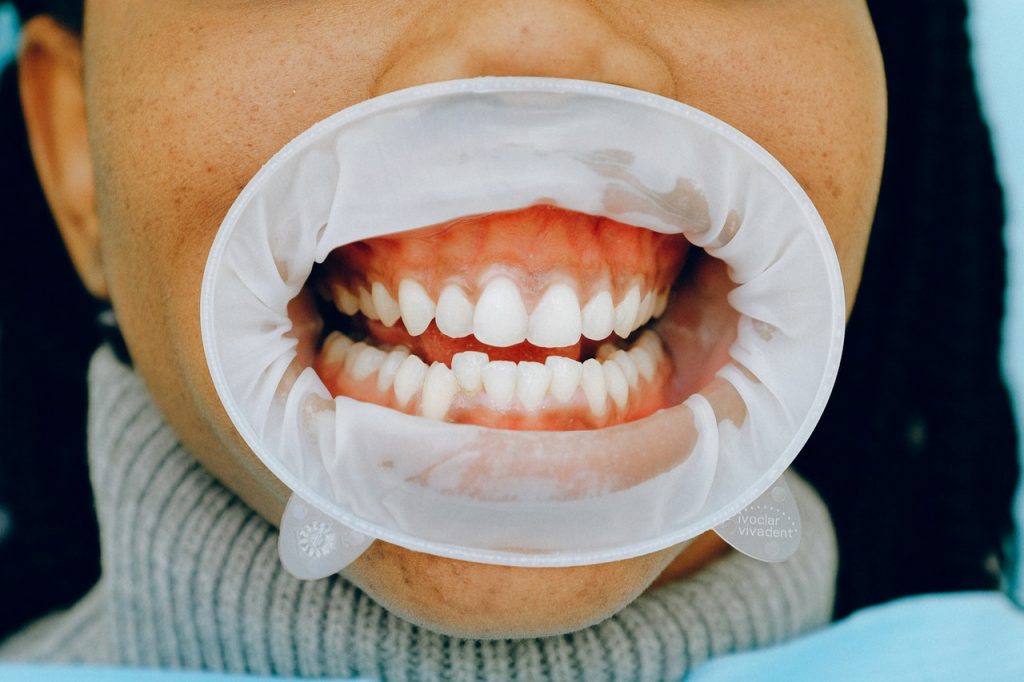Maintaining excellent oral hygiene is an important part of daily routine and good oral health is essential to overall health and well-being. Despite good maintenance, it is often found that dental issues can present themselves as a result of many factors such as age, genetics, illness, medication or accidents and trauma. Any such issues need to be examined by a dentist immediately. Untreated oral issues and poor oral health can sometimes progress detrimentally and potentially cause serious general health issues. Regular check-ups with the dentist and hygienist Richmond can help diagnose any problems early on, treat any issues which may present themselves and prevent them from progressing further.
What is periodontal disease?
Periodontics is the branch of dentistry which concerns the study and treatment of diseases of the periodontium which are the surrounding and supporting structures of the teeth. These are the gums, jawbone, the cementum, which attaches the tooth to the bone, and the periodontal ligament, which holds the tooth in position. Diseases of these structures are known as periodontal disease. These include gingivitis, which is an infection and inflammation of the gums, and periodontitis, which is the inflammation and severe infection of the gum and other supporting structures. Symptoms of gingivitis can include swollen and tender gums, bleeding gums and receding gums. This may not be painful at first but the dentist needs to be contacted immediately at the first signs of any of these symptoms, as if left untreated, gingivitis can progress and result in periodontal disease which can be very painful and eventually result in tooth loss.
The role of the hygienist in periodontal disease

Regular check-ups with the dentist and hygienist are essential for maintaining good oral health. Hygienists are involved in the prevention, diagnosis and treatment of periodontal disease. Periodontal disease can be diagnosed very early by a hygienist as they are involved with close examination of the gums and will therefore be able to notice any signs of disease before it progresses. The hygienist appointment involves a thorough clean of the teeth which is not always possible at home despite effective brushing and flossing by the patient. The hygienist cleans the teeth professionally using specialised equipment such as handheld instruments, ultrasonic instruments and techniques such as sonic vibrations to successfully remove any plaque build-up which may be present. If plaque is not cleaned effectively it can harden and result in the formation of calculus. The hygienist is involved in effectively removing calculus which may have formed as a result of plaque deposit on the teeth, preventing further damage and other diseases of the teeth.
Periodontal disease treatment can include dental cleanings, which remove any plaque and tartar build-up above the gum line; scaling, which removes plaque and tartar from below the gum line, and root planing which smoothes the tooth root and helps the gums reattach to the tooth firmly. Successful root planing decreases gum inflammation, allowing the gums to heal and reattach more effectively to the teeth. More advanced stages of the disease may require surgery. Periodontal disease will worsen progressively if left untreated, therefore frequent visits to the dentist and hygienist are vital in preventing such disease.

